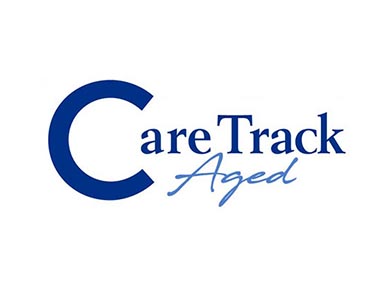Improving care for older Australians
We are conducting landmark research into the level of appropriate care provided to people in Australia’s residential aged care facilities.
Project sponsor: CareTrack Aged is a four-year project funded by the National Health and Medical Research Council.
About the project
 With Australia’s population ageing rapidly, the number of people aged over 85 is projected to double in the next 25 years.
With Australia’s population ageing rapidly, the number of people aged over 85 is projected to double in the next 25 years.
Our current aged care system needs to keep up with future demands and be positioned to maintain quality care. Older people in residential aged care facilities are the sickest and frailest cohort of any age group and have the highest rates of disability.
CareTrack Aged will for the first time answer the question, what proportion of care encounters delivered to older Australians in residential aged care facilities (RACF) are appropriate (ie in line with the evidence)?
CareTrack Aged builds on the ground breaking research in AIHI’s earlier highly respected population-based appropriateness studies, CareTrack Australia and CareTrack Kids.
Project lead: Professor Peter Hibbert
- Dr Gaston Arnolda
- Professor Jeffrey Braithwaite
- Professor Andrew Georgiou
- Professor Rebecca Mitchell
- Professor Frances Rapport
- Professor Johanna Westbrook
Other members and collaborators
- Professor Ian Cameron – University of Sydney
- Professor Len Gray – University of Queensland
- Professor Alison Kitson – University of Adelaide
- Professor Richard Reed – Flinders University of South Australia
- Dr Louise Wiles – Visiting Fellow, Macquarie University
Looking specifically at RACFs, CareTrack Aged assessed whether care provided was consistent with the evidence for best clinical practice. Findings showed that most residents of aged care homes in Australia receive best practice for continence care but not for six other common conditions, including:
- mental health
- end-of-life care
- urinary tract infections.
On average, residents received care in line with guidelines 53.2 per cent of the time. Six conditions (skin integrity, end-of-life care, infection, sleep, medication and depression) had less than 50 per cent adherence with indicators for best care.
Trained aged care nurses reviewed records of care delivered in residential facilities between 1 March and 31 May 2021 to assess adherence with the indicators. The indicators were developed with national experts, who identified 236 indicators of care drawn from the 139 clinical practice guidelines for 16 conditions or care processes.
In the paper published in BMC Medicine, researchers evaluated the care received by 294 residents across 27,585 care encounters in 25 residential aged care facilities.
The authors state that results point to the continued difficulties faced by the aged care sector including workforce shortages with medical, nursing and allied health staff. A lack of ongoing systematic monitoring of the performance of the sector also contributes to the lower rates of evidence-based care and the results provide valuable insights into specific conditions and clinical processes where improvements should be targeted.